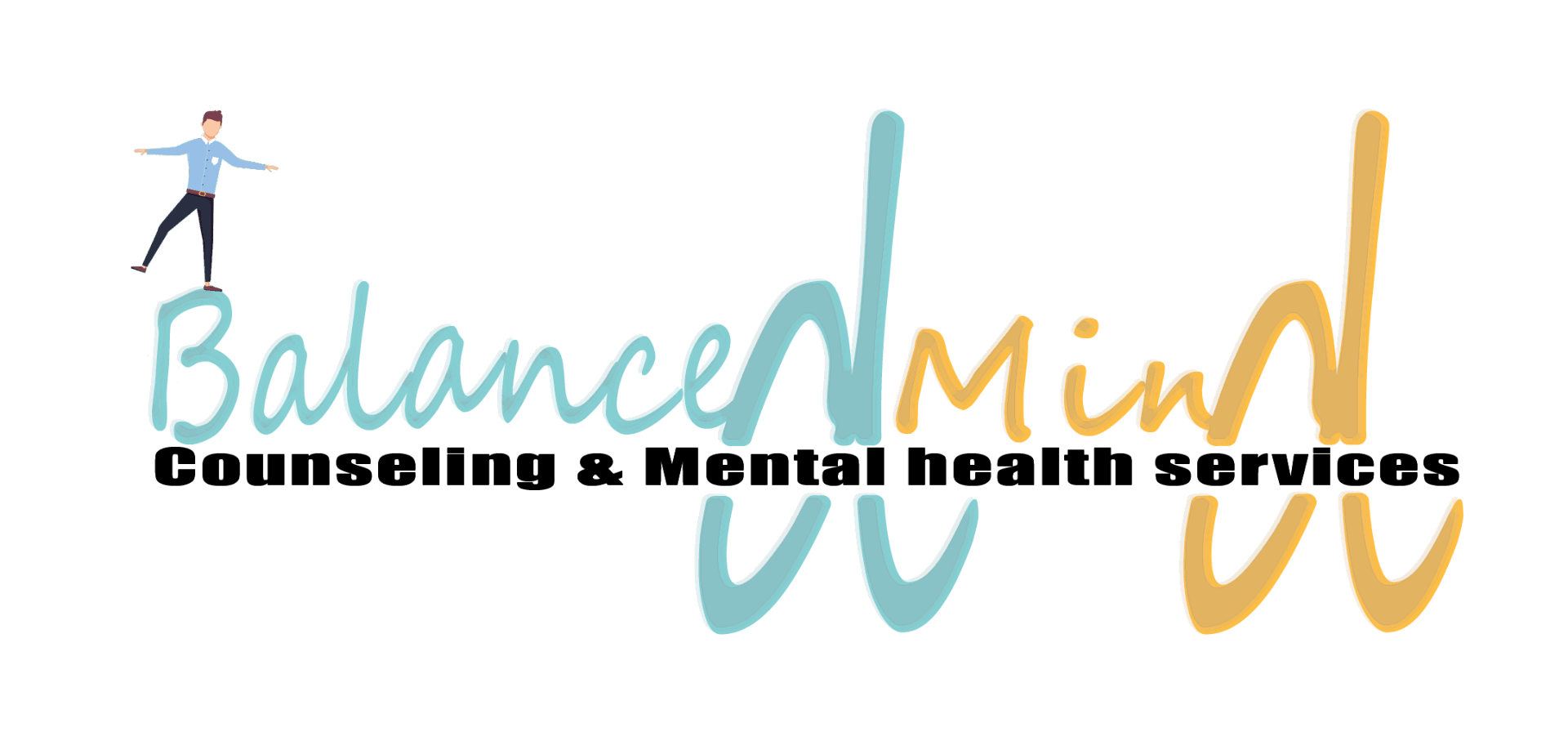Dissolving the Stigma About Mental Health

Empowering Voices, Changing Minds
Introduction
Mental health is an essential part of our overall well-being, yet the stigma surrounding it remains a powerful barrier to care, compassion, and understanding. For centuries, people facing mental health challenges have been marginalized, misunderstood, and—too often—silenced. As society evolves, the necessity to dissolve this stigma has never been more urgent. Doing so not only transforms individual lives but also strengthens the fabric of our communities.
Understanding the Roots of Stigma
Stigma is a complex social phenomenon, arising from a blend of ignorance, fear, and historical misconceptions. Traditionally, mental health issues were viewed through a lens of superstition or moral failing; those affected were often hidden away, regarded as dangerous, weak, or unpredictable. Although advances in psychology and neuroscience have deepened our understanding of the mind, old prejudices persist. Media portrayals, cultural attitudes, and the lack of open conversation continue to reinforce damaging stereotypes.
The Impact of Stigma
The consequences of mental health stigma are far-reaching and profound. Stigma discourages individuals from seeking help, which can exacerbate symptoms and delay recovery. It affects relationships, employment, education, and access to healthcare. When people are forced to hide their struggles, they miss out on vital support systems and opportunities for growth.
Barriers to Seeking Help
At Balanced Mind Counseling we strive to eliminate as many barriers to care as we possibly can. We understand that for many, the fear of being judged or rejected is a significant deterrent to reaching out for assistance. Concerns about confidentiality, social standing, and even job security may lead people to conceal their experiences or avoid treatment altogether. Please understand that we know you feel concerned about that, and we will do our best to minimize or eliminate that every chance we get.
The Cycle of Silence
Silence breeds misunderstanding. When people don’t talk openly about mental health, myths and misconceptions flourish. This lack of dialogue creates an environment where those affected feel isolated and unseen. Breaking the cycle requires courage, advocacy, and education.
Changing the Narrative
To dissolve the stigma around mental health, society must embrace a new narrative—one that centers understanding, empathy, and acceptance. This begins with education, continues through advocacy, and is sustained by sharing real stories.
Education as Empowerment
Knowledge dispels fear. By teaching children and adults about the realities of mental health, we can foster empathy and resilience. Schools, workplaces, and media outlets all play a role in disseminating accurate information. Mental health literacy should be considered a fundamental part of lifelong learning, equipping individuals to recognize symptoms, offer support, and challenge misinformation.
Incorporate mental health education into school curricula, emphasizing emotional intelligence, coping strategies, and help-seeking behaviors.
Encourage workplaces to host seminars and workshops, reducing stigma among employees and leadership.
Promote responsible and accurate reporting in the media, avoiding sensationalism and stereotypes.
Further Resources and Support
If you or someone you know is experiencing mental health challenges, remember that help is available. Please be mindful of thoughts or comments that reflect criticism around the issue, either for yourself or others. Reach out to Balanced Mind Counseling or other local mental health organizations, crisis helplines, or trusted professionals. Together, we can create a world where mental health is treated with the dignity and respect it deserves.
